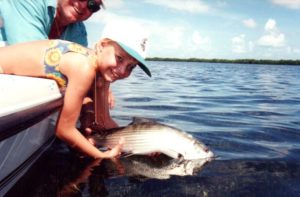
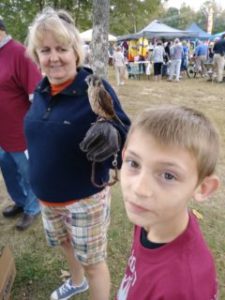
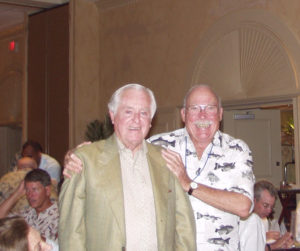
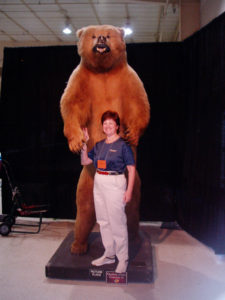
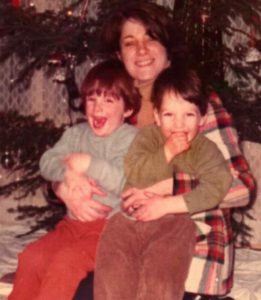
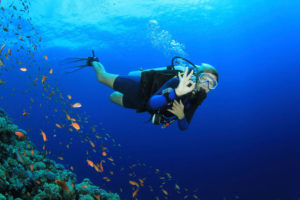






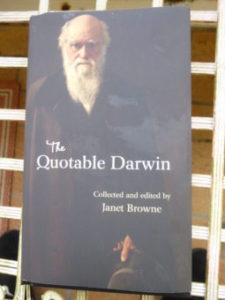
She collected and edited every written word she could find. In 348-pages his actual quotes on all aspects of life and disciplines- a fascinating look and read into the mind of one the worlds great thinkers. Darwin was a botanist, a geologist and a caring husband and father. As an active correspondent, he once told his cousin that he liked to play billiards because “it drives the horrid species out of my head.” Browne’s book offers and intimate look at Darwin at work, at home, as a public figure, and on his world travels. Feel his humor, frustrations, exultation’s and “the mans special genius. His travels on the ship; the Beagle made history, and changed knowledge on all living things great and small, for all times!
The book offers a chronology of Darwin’s life by Browne’s, THE QUOTABLE DARWIN. It provides an engagingly new perspective on a remarkable man who thought heavily about the natural world. Natural Selection and Evolution became hot topics due to Darwin!
The author is the Aramont Professor of the History of Science at Harvard University. Her books include the acclaimed two-volume biography of Darwin, Charles Darwin: Voyaging and Charles Darwin: The Power of Place (both Princeton published) She lives in Cambridge, Massachusetts. Again: The Quotable Darwin, Collected and edited by Janet Browne can be found at: ISBN; 9780691 the eBook/ 9781400888672
News Release from MyFWC.com/Fishing
Starting July 25, all state waters from the Mexico Beach Canal in Bay County to the Pasco-Hernando county line will be open for harvest of bay scallops. Gulf County waters, including St. Joseph Bay, is the last area to open this season, starting July 25, and this area will remain open through Sept. 10 (includes all state waters from the Mexico Beach Canal in Bay County through the westernmost point of St. Vincent Island in Franklin County). Harvesting bay scallops is a fun outdoor activity in which the whole family can participate. It also brings an important economic boost to coastal areas in the open region.
The bay scallop population off St. Joseph Bay in Gulf County has been recovering from a fall 2015 red tide event. Currently the population appears to be improving, but is not yet fully recovered. Ongoing restoration efforts using both hatchery-raised and locally-caught scallops will continue through the season. These restoration efforts are being conducted in the southeast area of the bay south of Black’s Island. In order to maximize the success of these efforts, swimming, boating, fishing and scalloping in the restoration area marked with Florida Fish and Wildlife Conservation Commission (FWC) buoys are prohibited during and after the scallop season.
In areas outside of Gulf County, the bay scallop season in state waters from the Fenholloway River in Taylor County to the Suwannee River in Dixie County will close to harvest on Sept. 10. All other waters open to harvest (Pasco-Hernando county line to the Suwannee River and from the Fenholloway River in Taylor County through the westernmost point of St. Vincent Island in Franklin County) will close to harvest Sept. 25 (see map).
These season dates are for 2017 only and are also an opportunity to explore regionally-specific bay scallop seasons. FWC staff worked with local community leaders on selecting these regional 2017 season dates.
At the December 2017 Commission meeting, staff will review public feedback on these season dates and make a recommendation for future management. Staff will host public workshops to gather feedback in October, after the season closes. To submit your feedback now on bay scallop regulations, visit MyFWC.com/SaltwaterComments.
Bag and vessel limits throughout the entire bay scallop harvest zone are 2 gallons whole bay scallops in shell or 1 pint of bay scallop meat per person, with a maximum of 10 gallons of whole bay scallops in shell or 1/2 gallon bay scallop meat per vessel.
Scallops may be collected by hand or with a landing or dip net. Scallops must be landed within the area that is open to harvest. There is no commercial harvest allowed for bay scallops in Florida.
Be safe when diving for scallops. A properly displayed divers-down flag on a vessel is displayed from the highest point of the vessel with an unobstructed view in all directions. Stay within 300 feet of a properly displayed divers-down device when scalloping in open water and within 100 feet of a properly displayed divers-down device if on a river, inlet or navigation channel. Boat operators traveling within these distances of a divers-down device must slow to idle speed.
Done for the day? Help FWC’s scallop researchers by completing an online survey atsvy.mk/bayscallops. Harvesters can indicate where they harvest scallops, how many they collect and how long it takes to harvest them. Participants can email BayScallops@MyFWC.com to ask questions or send additional information.
Learn more about long-term trends in the open and closed scalloping areas by visiting MyFWC.com/Research and clicking on “Saltwater,” “Bay Scallops” under “Molluscs” then “Bay Scallop Season and Abundance Survey.”
For more information on the season date changes for 2017, visit MyFWC.com/Commission and select “Commission Meetings,” then click on “2016” and “Agenda” under the November meeting.
For information on bay scallop regulations, visit and click on “Saltwater Fishing,” “MyFWC.com/FishingRecreational Regulations” and “Bay Scallops.”